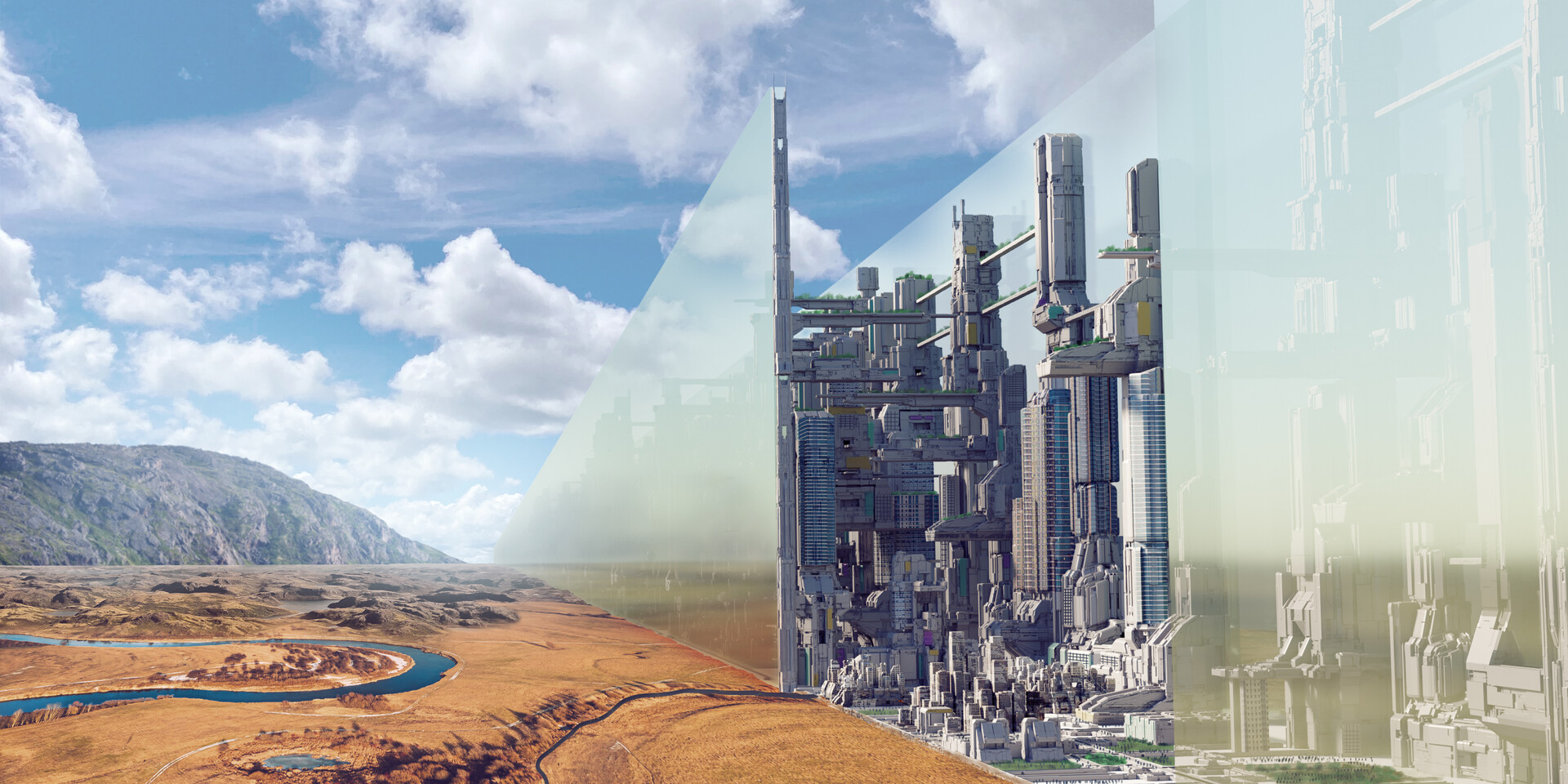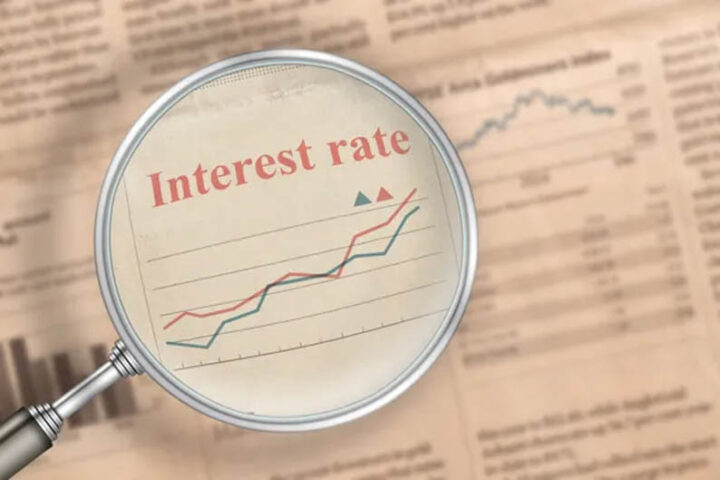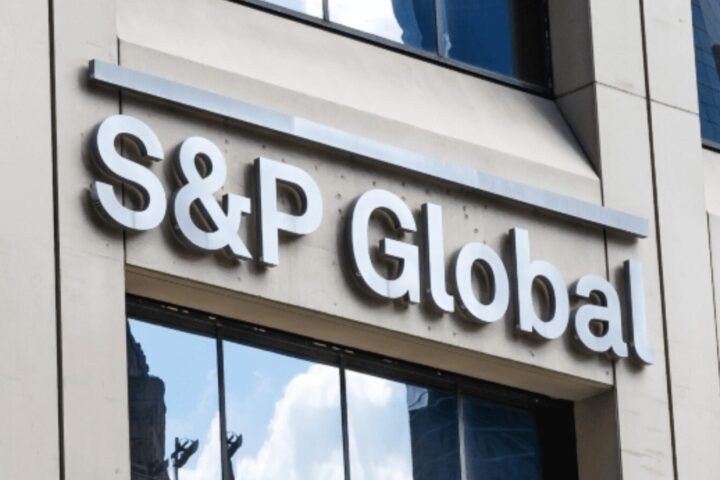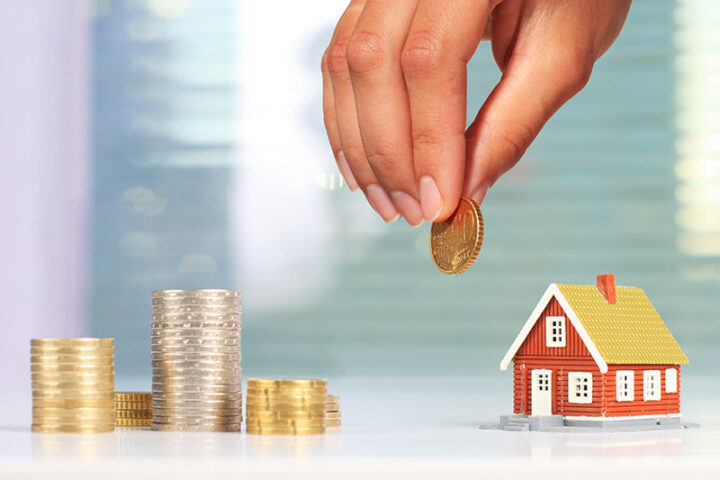Distinct from recent bank blow-ups, Signature Bank and First Republic, some banks are doing extremely well in this high-interest rate environment.
Their balance sheets are not riddled with low-interest-rate mortgages like most Western banks, where portfolios become less valuable as the US Federal Reserve and European banks stymie the chance of raising capital by raising rates.
Which ones are profiting, and what do they have on their balance sheets?
Most notably, Islamic banks finance mixed debt-equity transactions without collecting interest at all.
In line with the requirements of the principles of Islam, they have no fixed-rate mortgage loans at all to languish on their balance sheets.
Until now, Shariah-compliant investment has flown under the radar of the West, relying on its traditional bond indexes, which do not look beyond traditional, debt-only instruments.
Amidst one of the worst bond market crashes in history, with treasury yields hitting 16-year highs on October 18, the massive bond sell-off is spotlighting alternative debt instruments less sensitive to high interest rates.
Financing projects
Proponents feel Sharia offers an attractive alternative, allowing the financing of responsible projects investors would like to expand, as opposed to the type of investing that could turn a country into a casino or a tinderbox.
For example, looking at the other extreme, arms investing per capita ― a rarely-tracked number at the opposite pole ― the majority of last decade’s top investors are currently embroiled in war:
- Israel, $97.71 per capita
- Russia, $57.72 per capita
- Sweden, $53.05 per capita
- Belarus, $35.71 per capita
- Switzerland, $25.63 per capita
Islamic banks, focusing on ethical investments, have been showing stellar profits.
Shariah investments’ outperformance of traditional bonds casts doubt on the incentive to get bogged down in ignominious investments.
Shariah debt-equity transactions have grown to command a sizable market share in the investment world, from parks, schools, and hospitals to mega infrastructure projects.
Sustainable future
Take Saudi Arabia, which is erecting an array of future infrastructure projects to transmute the current sustainability model into something even more futuristic.
Its crowning venture is a $500 bln smart city, evoking major financing.
Backed by the new Crown Prince, Mohammed bin Salman bin Abdulaziz Al Saud, the futuristic eco-city is being built in the Arabian Desert with one end on the Gulf of Aqaba.
NEOM’s designers intend to diversify the biggest oil exporter’s economy by terraforming the desert.
The city will be sandwiched between two mirrored buildings to shield inhabitants from the sun and wind while affording views of the desert outside and park-like cityscapes within.
The two long, linear buildings will stretch over 150 km into the desert.
It is a brilliant way to naturally climatise, considering that shade can reduce temperatures by about 10°C and, together with air filtering systems, make the outdoors quite comfortable most of the time.
No wonder Saudi Arabia is on so many dance cards of late ― it’s among the countries that will be admitted into BRICS on January 1, 2024, and JP Morgan is considering it for its emerging market bond index.
Saudi Arabia and several other Middle Eastern countries have grown spectacularly in recent years, leveraging their position as non-aligned countries doing business with the West, China, Russia, and the other BRICS countries.
Bonds-oh!
However, Islamic banking’s special mix of bond-equity instruments might continue to escape Western banks’ bond indexes.
Islamic finance is usually conducted through sukuks, sharia-compliant bond-like instruments.
Where bondholders receive indirect interest-bearing debt obligations, a sukuk gets direct asset ownership.
It’s no surprise that sukuks have risen and conventional bonds have fallen during a time of global rate volatility, according to Dr Adnan Chilwan, an Indian banking business executive, currently CEO of Dubai Islamic Bank and key spokesperson spearheading awareness around Islamic finance internationally.
Islamic banks respect the ban on financing certain economic sectors.
They do not invest in industries deemed unlawful by Sharia: weapons, pork, pornography, gambling.
The sustainable aspects of halal assets appeal to crossover markets, such as environmental and ESG investors or investors simply wary of interest rate exposure.
The assets even share some roots with Western culture.
The Bible also has its say on charging interest on loans.
Many are turning to Islamic finance as a form of responsible investing, even if not labelled environmental, social and governance (ESG) investing per se.
Economic and technological growth has brought market convergence with Islamic financial products―including sukuk bonds, also known as ‘Waqf’ or endowment funds―into the portfolios of ESG investors.
Islamic banking institutions hold a growing share of what will perhaps become the predominant investment of the future.
Dubai Islamic Bank recently announced the publication of its Sustainable Finance Framework to facilitate financing green and social initiatives and projects.
“The framework illustrates DIB’s strong commitment to achieving its own sustainable aspirations and driving the UAE’s Net Zero agenda and the Dubai Clean Energy Strategy,” Dr Chilwan commented.
DIB will finance projects with environmental benefits in eligible project categories such as renewable energy, energy efficiency, clean transportation, green buildings, pollution prevention and supporting social initiatives that promote employment generation.
Inflation proof
The bond market’s recent crash is a reminder of the asset class’s vulnerability to inflation and its high-interest rate scenario.
While Western banks’ bond portfolios have been hit with non-performing loans, investors are not eager to absorb the oversupply of government debt caused by high deficits.
Even the Fed, the main buyer, is now selling bonds, switching from quantitative easing to quantitative tightening.
Meanwhile, with no interest rate exposure on its loan books, DIB’s income rose by 49% from last year to AED 9.3 bln (€2.4 bln) in Q2 2023.
Its net profit of AED 3.1 bln means a very strong overall growth of 15%.
Return on equity grew 22% year on year at the world’s largest Islamic bank, Al Rajhi Bank, in Riyadh, Saudi Arabia, in Q2 2023.
Responsible investing has become a major trend in areas deemed worthy of expansion for more than short-term financial gain.
Shariah’s investment offerings of sustainable products, without the heavy risk of over-exposure to boom-and-bust cycles, have increased their market share.
The Islamic finance market size was valued at $2.5 bln in 2022 and is expected to reach $5.12 trln by 2028, according to Islamic Finance Market Insights 2023.
Islamic banks have shown that a moral stance can pay off.
JL Morin is the author of six award-winning books, including Nature’s Confession. A graduate of Harvard and NYU’s Stern School of Business









